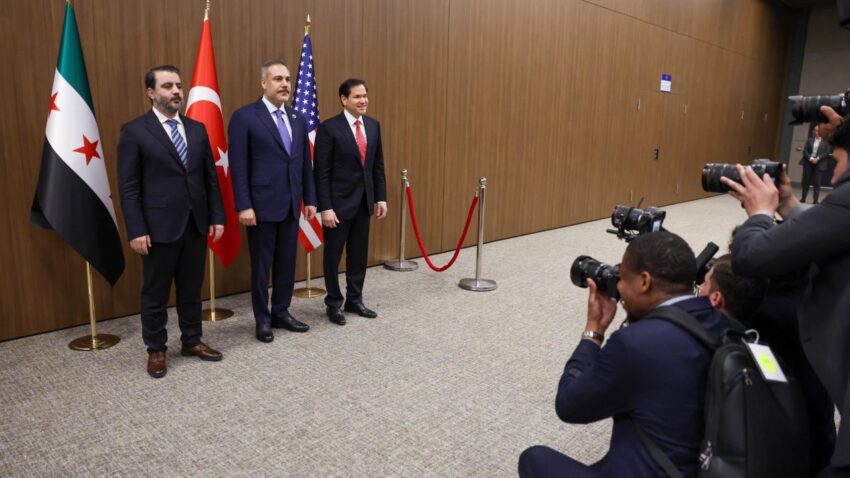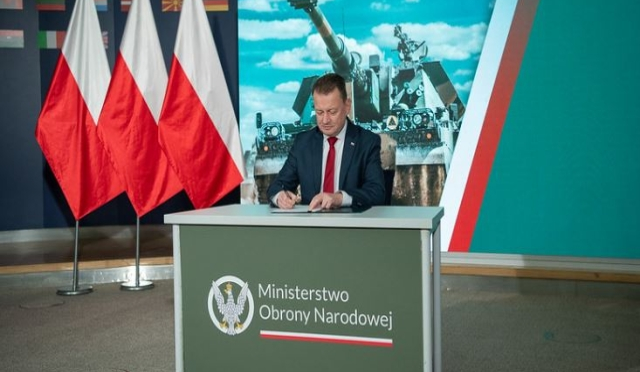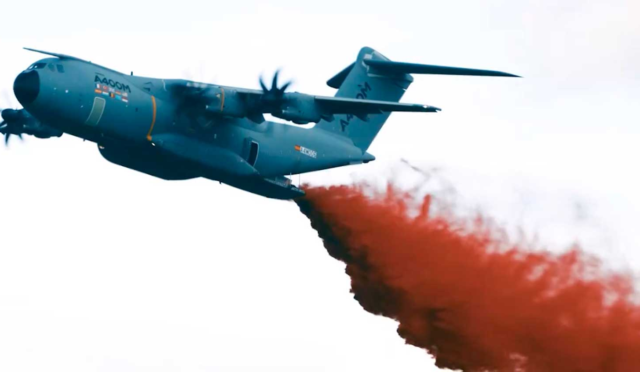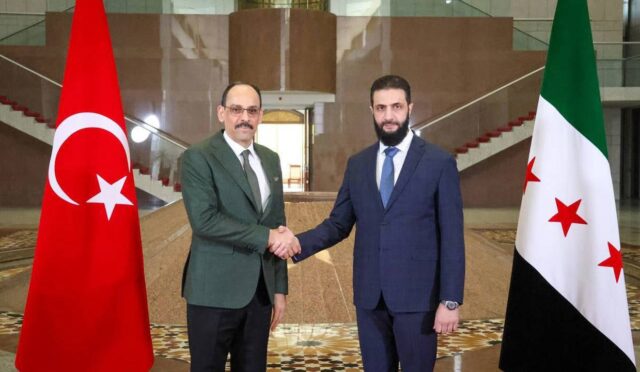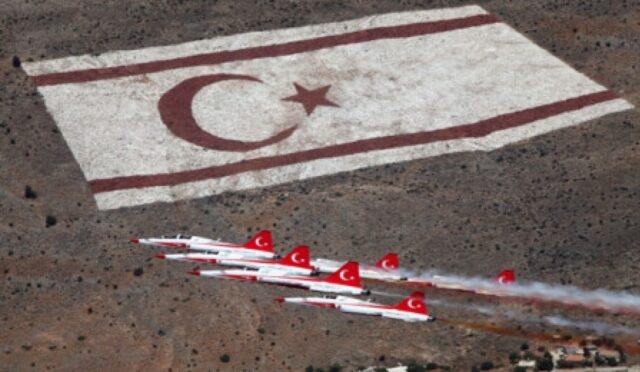Antalya, Turkey – May 15, 2025
In a landmark diplomatic event, the foreign ministers of Turkey, the United States, and Syria gathered in Antalya on Thursday for a trilateral meeting focused on shaping Syria’s future following the recent US decision to lift sanctions. Held at the NEST Congress Center, the meeting brought together Turkish Foreign Minister Hakan Fidan, US Secretary of State Marco Rubio, and Syrian Foreign Minister Esad Hasan Şeybani. The discussions, which took place on the sidelines of the NATO Foreign Ministers’ Informal Meeting, addressed critical issues such as Syria’s stability, counterterrorism efforts, and its reintegration into the global community.
Background: A Shift in Policy from Riyadh
The Antalya meeting builds on the momentum of a high-profile summit in Riyadh on May 14, 2025, where US President Donald Trump met with Syrian President Ahmed el-Shara and Saudi Crown Prince Mohammed bin Salman. During that summit, Trump announced the lifting of US sanctions on Syria, a decision influenced by appeals from Turkish President Recep Tayyip Erdoğan (who joined virtually) and the Saudi Crown Prince. This policy shift, aimed at fostering Syria’s recovery after years of conflict, also saw Trump encouraging el-Shara to pursue normalization with Israel under the Abraham Accords framework. The Riyadh summit set the stage for the Antalya talks, where the foreign ministers sought to translate this decision into actionable steps.
Details of the Trilateral Meeting
The meeting in Antalya lasted approximately 30 minutes, though it was followed by extended bilateral discussions between Rubio and Şeybani. Turkish officials characterized the atmosphere as “warm and constructive,” reflecting a mutual interest in advancing Syria’s stability. The agenda was packed with pressing regional concerns, including:
–Sanctions Relief Implementation: The ministers deliberated on the logistics of lifting US sanctions, a move seen as vital for Syria’s economic revival and reconstruction.
–Counterterrorism Efforts: A significant portion of the talks centered on Syria’s role in combating ISIS and other terrorist groups, with all parties emphasizing the need for sustained efforts.
–Humanitarian Crisis: The ongoing humanitarian challenges in Syria were a key focus, with agreement on the importance of international support to improve living conditions.
–Global Reintegration: The discussions also explored pathways for Syria to rejoin the international community, including economic and diplomatic engagement.
Key Statements from the Ministers
Each foreign minister offered insights into their country’s stance and expectations:
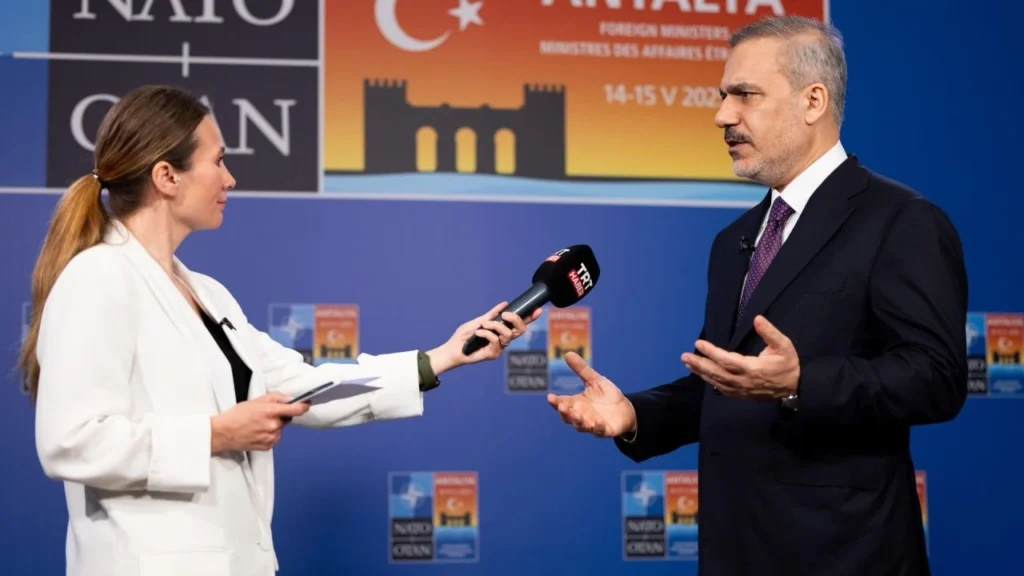
Hakan Fidan (Turkey): Fidan opened the meeting by stressing the Syrian people’s aspirations for “security, stability, and prosperity.” He welcomed the US’s renewed engagement with Syria, saying, “The developments in Syria must continue in the right direction, and the US’s sustained engagement is critical.” Fidan also highlighted Syria’s resolve against ISIS, adding, “Syria is determined in its fight against ISIS, and we must ensure that its remaining capacities are not targeted.” He further underscored Turkey’s commitment to eliminating weapons of mass destruction in the region.
Marco Rubio (United States): Accompanied by Senator Lindsey Graham, Rubio emphasized Syria’s pivotal role in regional security. “Syria is vital for the region’s stability,” he stated. “The United States is committed to helping Syria stand on its own feet again, but this requires overcoming existing barriers and building mutual trust.” Rubio also expressed a desire for peace, saying, “We want all Syrians to live in peace and happiness in their homeland,” while reaffirming the US focus on counterterrorism cooperation.
Esad Hasan Şeybani (Syria): Şeybani articulated Syria’s ambition to reenter the global fold. “We want to integrate with the international community and contribute to regional stability,” he said. He pointed to recent progress in Syrian governance, noting, “For the first time in 45 years, the Syrian people are governing themselves.” Şeybani reiterated Syria’s commitment to fighting terrorism and stressed that lifting sanctions is “essential for building a new Syria and improving the humanitarian situation.”
Implications for Regional Stability
The Antalya meeting has sparked optimism about Syria’s potential stabilization and its ripple effects across the Middle East. The lifting of sanctions could unlock significant resources for rebuilding Syria’s war-torn infrastructure, though its success hinges on careful implementation and international cooperation. However, the talks also spotlight unresolved tensions, such as Syria’s relations with Israel—complicated by Trump’s normalization push—and Turkey’s rejection of Kurdish demands for decentralization in Syria, which Erdoğan recently dismissed as “a dream”
Analysts view the meeting as a rare convergence of interests among Turkey, the US, and Syria, particularly in their shared goal of defeating terrorism. The constructive dialogue suggests potential for further collaboration, especially in security and humanitarian domains, though the path forward remains complex.
Sideline Diplomacy
Beyond the trilateral talks, Hakan Fidan engaged in bilateral meetings with Marco Rubio and French Foreign Minister Jean-Noel Barrot. The Fidan-Rubio discussion focused on strengthening Turkey-US ties in addressing regional challenges, while the meeting with Barrot covered European security and Turkey-France relations. These interactions highlight Turkey’s growing influence in Middle Eastern diplomacy and its strategic position within NATO.
Looking Ahead
The Antalya meeting represents a crucial step toward Syria’s recovery and reintegration, buoyed by the US sanctions relief and a commitment to collective action. While the ministers expressed optimism, the road ahead will require navigating geopolitical hurdles, including Syria’s internal governance and its external relations. For now, the talks signal a willingness to prioritize stability and cooperation, offering a glimmer of hope for a nation long plagued by conflict.
As the international community watches closely, the outcomes of Antalya could redefine Syria’s trajectory and reshape the Middle East’s future.
